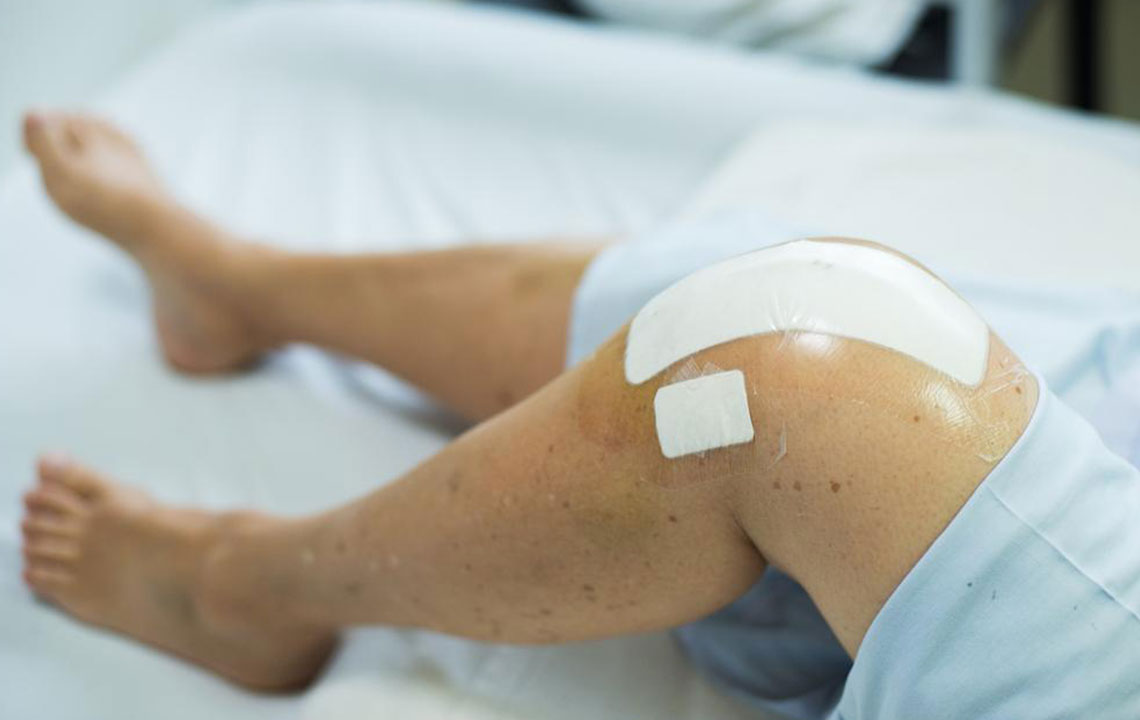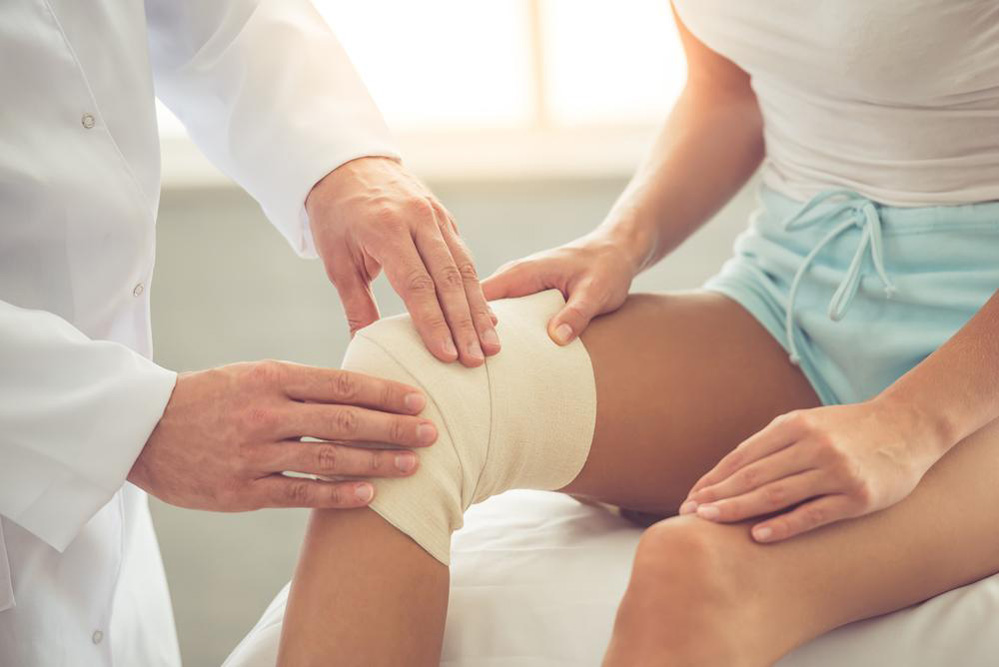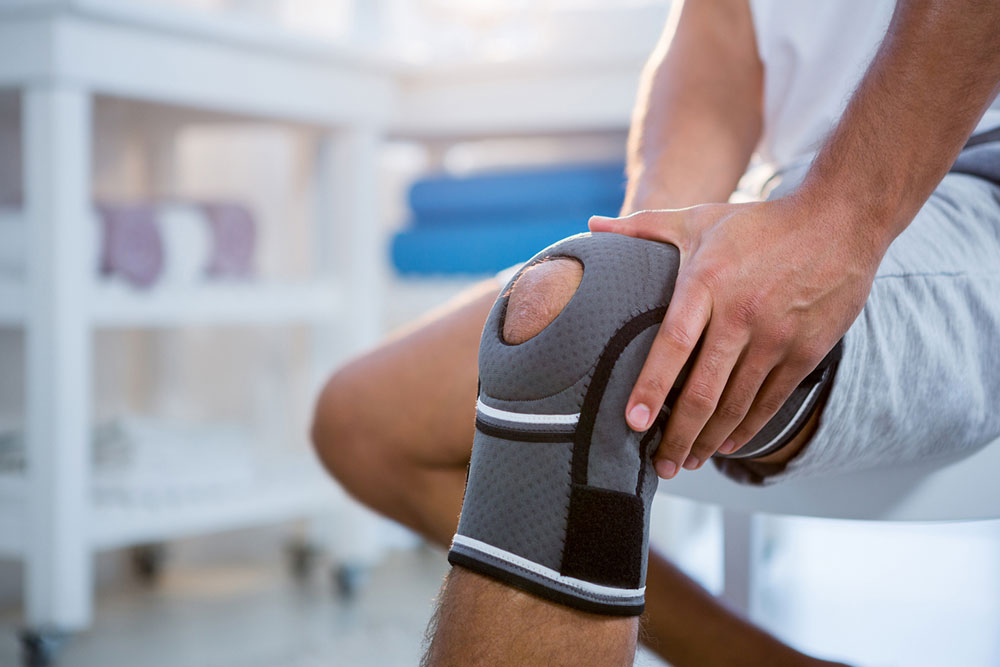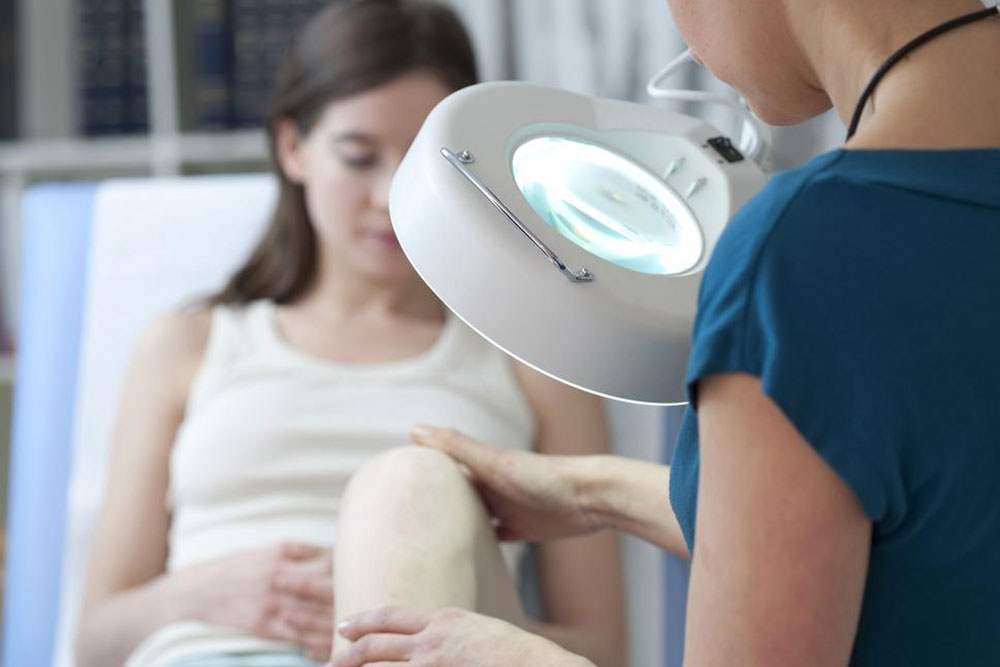A Comprehensive Guide to Knee Replacement: Understanding & Caring for Your Knees
This comprehensive guide covers everything about knee replacement, including causes of knee damage, treatment options, and post-surgery care. Learn how to maintain knee health and understand surgical procedures through informative videos. The article emphasizes lifestyle changes like weight management, seeking professional help, and understanding risks involved with knee surgeries to ensure optimal recovery and knee function.

Understanding Your Knees Better: A Complete Knee Replacement Overview
Our knees play a crucial role in mobility, enabling us to walk, run, jump, and perform daily activities. Because of their importance, maintaining knee health is vital. If knee issues arise due to injury, aging, or other causes, seeking medical advice from an orthopedic specialist is essential. Watching educational videos about knee replacement procedures online can help you understand the process and assess your condition better.
During knee replacement surgery, damaged parts of the joint are substituted with artificial components. Often, doctors prefer conservative treatments like medication first, but surgery may be needed if pain persists. Knee joint damage can result from accidents, sports injuries, or age-related cartilage deterioration, making walking difficult.
For those interested in learning more, various knee replacement videos online present detailed insights into the procedure. If you experience persistent knee pain, consider the following lifestyle adjustments:
Maintain a Healthy Weight: Excess body weight puts additional stress on the knees. Regular exercise and weight management can reduce joint wear and prolong knee health.
Seek Professional Guidance: Consult a physiotherapist to develop personalized exercise routines that support knee recovery and strength.
Use Medications Wisely: Over-the-counter pain relievers can help alleviate discomfort, but should be taken under medical supervision to avoid side effects.
Knee Injections: Injections containing hyaluronic acid can improve joint lubrication and shock absorption. However, their use should be determined by your doctor, and videos can offer further understanding.
Important facts for individuals with knee problems:
Severe knee damage with worsening pain may indicate the need for replacement surgery.
Osteoarthritis is a common condition leading to knee replacement requirements.
Post-operative physical therapy is essential for recovery after the procedure.
Clear communication with your healthcare provider about medications, especially antibiotics, is critical when artificial joints are involved.
Understanding the risks, recovery timelines, medication schedules, and physical therapy requirements is crucial before undergoing knee replacement. Potential complications include blood clots, lung issues, chest pain, and knee stiffness. If symptoms like shortness of breath or severe pain appear, seek immediate medical care. The overall cost varies based on individual conditions and recovery duration, so discussing financial aspects with your provider is recommended.










